The Supreme Court is the third side of the impasse. Experience has shown that whenever a matter of political urgency and prudence is taken to a court of law, delay is the first development since the courts work at their own speed (?). Woh to thanda kar ke khate hai! The pending issue of legitimacy of the present government in Maharashtra should serve as a proof of the way our courts play ball. The matter is kept shuttling between the SC and the Speaker of Maharashtra Vidhan Sabha who is taking his own — and wasting others’— time.
Who should control (sic rule) Delhi — the National Capital — has been a recurring issue for over a millennium - ever since Qutb-ud-din Aibak established the Sultanate. The Moghuls followed, the Marathas assumed indirect control over Delhi on and off during the politically volatile 18th century. In spite of The British East India Company ruling from Calcutta, the seat of power was shifted by the Queen’s government to Delhi about a hundred years back. There was some speculation over Nagpur as the national capital as it happens to be the center of India geographically. But it lacked the Historical aura Delhi enjoyed and remained just’ speculation’.
Delhi was made a union territory in 1956 with a Lt-governor, with a civic body of elected representatives and administration. From a municipal corporation it germinated into a full state in 1991 with a 70 member Vidhan Sabha and was always a bone of contention between the Congress and BJP. The Delhi politics was compounded by the entry of the Aam Aadmi Party (AAP) in 2014 with a watershed mandate in the Vidhan Sabha which reduced both Cong and BJP to ludicrous by-standers. In 2014, Cong lost Delhi twice - to BJP at national level and to AAP at state level. The wheel had turned: what went on between Cong and Jan Sangh/BJP then is now re-enacted between BJP and AAP.
This bird’s eye view would help to develop a perspective on the present tussle between the NaMo and Kejriwal governments over control of Delhi. It would at least serve to inform us that the issue is a bad coin that keeps coming back. Even in the late 1960’s when Delhi was just a municipal corporation there was tussle over its control between the Congress and Jan Sangh-the BJP’s parent party and the Jan Sangh cadres were hysterically euphoric when their party won all parliamentary seats from Delhi in '67.
Yet there is a new dimension this time: the Supreme Court is the third side of the impasse. Experience has shown that whenever a matter of political urgency and prudence is taken to a court of law, delay is the first development since the courts work at their own speed (?). ‘Woh to thanda kar ke khate hai!’ The pending issue of legitimacy of the present government in Maharashtra should serve as a proof of the way our courts play ball. The matter is kept shuttling between the SC and the Speaker of Maharashtra Vidhan Sabha who is taking his own — and wasting others’ — time.
The Constitution says that only three domains are barred to the state government of Delhi - public order, police, and land. The present quarrel is over Civil Services in Delhi, which according to the Constitution are the prerogative of the state government. Earlier in 2018, a SC bench had upheld this right of the state government and advised the Lt-Governor to intervene only in Matters ‘fundamental’ to the interests of Delhi. This was modified by a split bench in 2019; one judge ruling that the Kejriwal government had no powers in issues related to civil services and the other judge trying to spell out a compromise formula. The hearing of the issue before the present SC bench began in May 2022 and recently handed over the reins of civil services — essentially meaning appointments and transfers of officers — to the state government. Within hours of this verdict the NaMo government issued an ordinance (as patent with them) to set up a three member body with Delhi CM as chairperson with two appointees of the centre which would mandatorily take all decisions with majority - in simple words, the CM would be just an onlooker.
I am shocked beyond words by this trick of NaMo gang- do they really think that the people of India are so naïve/stupid as not to see through this ordinance and credit the centre with fair play?
Expectedly, the Opposition enthused by the Karnataka mandate, has come out in support of Kejriwal who claims the high moral ground and calls the Centre’s latest ordinance an affront to the Constitution. The Congress, buoyant after settling Karnataka tangle temporarily, has announced that on this ordinance (only?) it is with AAP which is a thorn in her flesh as much as for BJP. The other opposition leaders just have no stake in Delhi state and despite their overt gestures of cooperation, have to be just onlookers because the crucial nature of the dispute over Delhi hardly applies to their respective regional strongholds.
Now to the SC where the legal battle is on. It is exasperating to sum up the various court judgments in simple terms. The moment arguments start in a court they shift to the plain of the unintelligible for the lay. This is more so when the particular court is higher and when the matter reaches SC it almost becomes a code language beyond anyone out of the field of law. The judges and attorneys on both sides get placed on a pedestal that we can only watch with dumb awe.
Not just the verbose language but the hair splitting in SC also takes matters out of the grasp of the common citizen.
Read Also : Arrival without Travel: India’s Constitutional Democracy - Vinay Hardikar
Take the case of the change of power in Maharashtra last year. The SC has ruled that it was wrong on the governor’s part not to have asked Uddhav to take a vote of strength on the floor of the house. Yet it says in the next breath that since Uddhav had resigned, he cannot be recalled for a test of strength. What are we to make of this? Both sides are claiming victory. Uddhav says he was morally right if politically wrong and the incumbent CM and Dy CM assert that they have done nothing unconstitutional.
This is not the end of it. The SC has also ruled over who can appoint the party whip too and said that the whip has to be appointed by the party and not the elected members of the House. It has further complicated the issue of disqualification by saying that it is for the Speaker to rule on that. But should either side be dissatisfied by the Speaker’s ruling will the SC refuse to accept a petition challenging it? Not, prima facie…
Back to the Delhi wrangle. The SC advised 5 years back that both — Government of India and of Delhi — should work in the spirit of ‘collaborative federalism’ in the interests of the state. Lovely phrase but never explained and elaborated. I envy the SC judges for their ability and opportunity to talk vaguely on crucial matters.
I would be the last person to suggest that the SC judges should be swayed by current politics in India. But are the judges living outside the country and have no access to the media? Are they unaware of the fact that collaboration would be the last thing present Indian politicians would engage in? Don’t the judges witness that politics now is blatant, naked opportunism and confrontation? Instead of dishing out verbose moral homilies, why don’t the Courts of law call a spade a spade and put the politicians in their place to the relief of the citizens?
I know that the Courts will point out that they don’t make the laws but only interpret them and pass judgments. So, the Legislature is above them. Fine; yet we have to concede that the legislatures of the present times have crossed the worst expectations of the citizens and are almost immune to not only laws of the land but even to the norms of decency. If that is the state of affairs shouldn’t the Courts use their high position to set things if not right but at least back on track?
Or, like the Courts already separate Civil and Criminal matters should we have separate courts or a similarly empowered body/institution to deal with political irregularities wherein the judges will not be alien to ‘real politik’?
I will take this up duly but would welcome readers’ take on the same before I do so.
- Vinay Hardikar
vinay.freedom@gmail.com
(The writer has been working in the public sphere of Maharashtra for the last five decades. His versatile personality has several dimensions, but the primary ones remain to be that of an established writer, journalist, editor, critic, activist, and teacher.)
Tags: विनय हर्डीकर सर्वोच्च न्यायालय महाविकास आघाडी केजरीवाल सरकार राज्यपाल दिल्ली Delhi Chief Minister Arvind Kejriwal three-judge bench Supreme Court Kejriwal vs Centre SC verdict Democracy Federalism Load More Tags

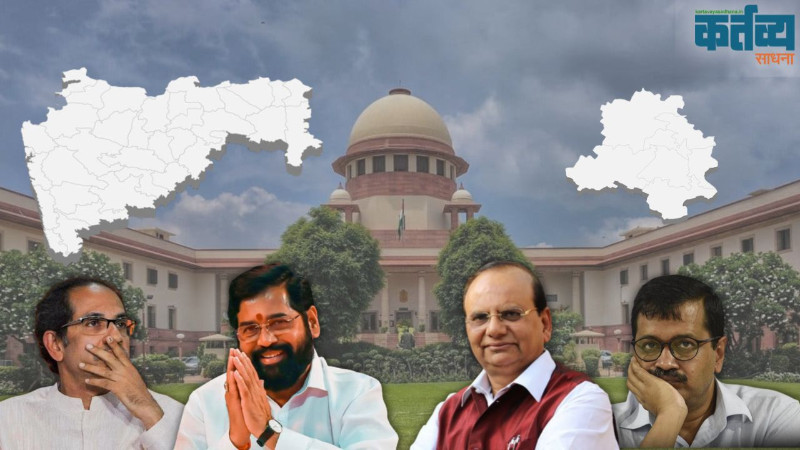

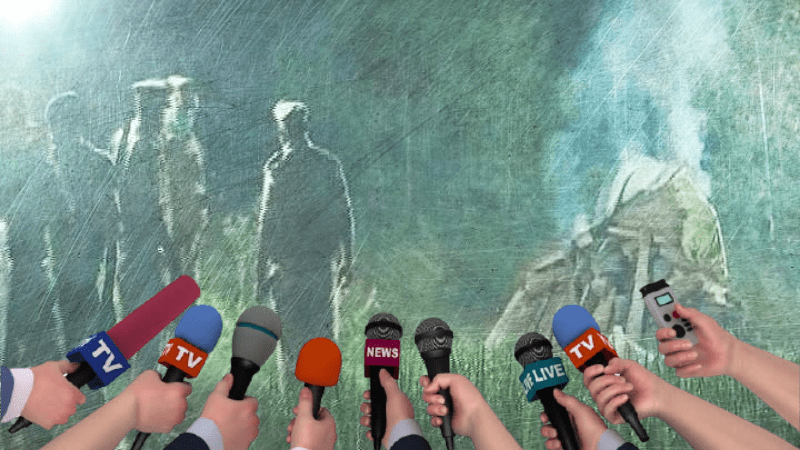
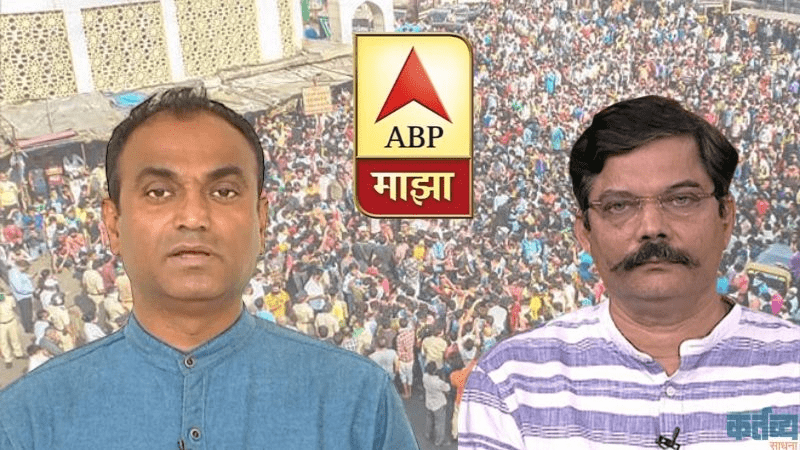
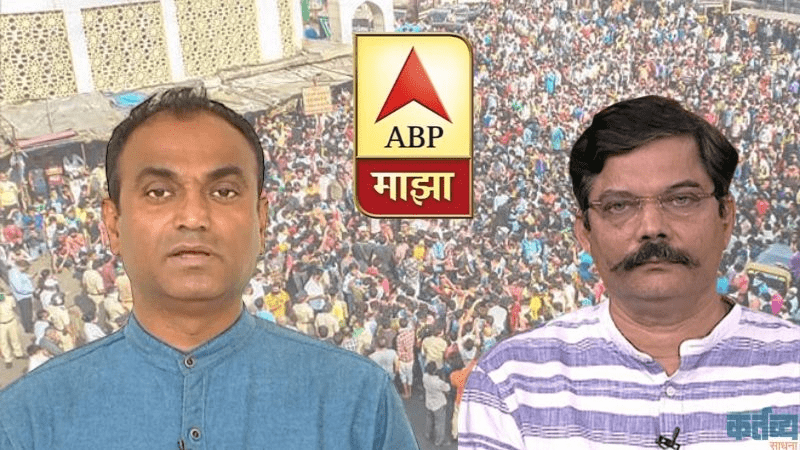
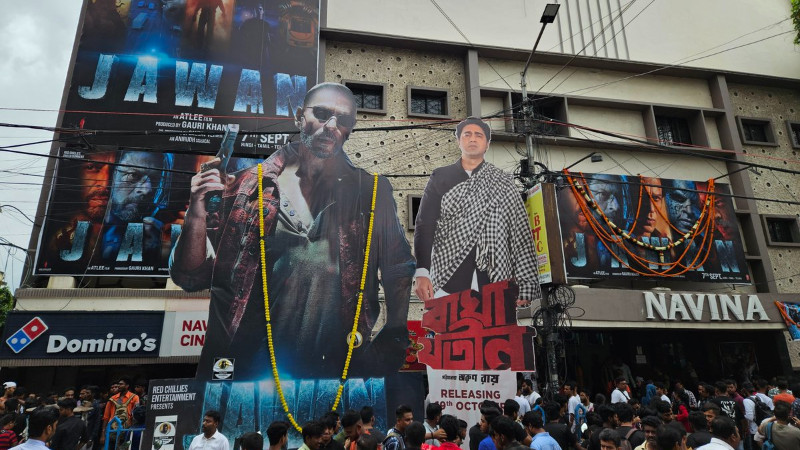
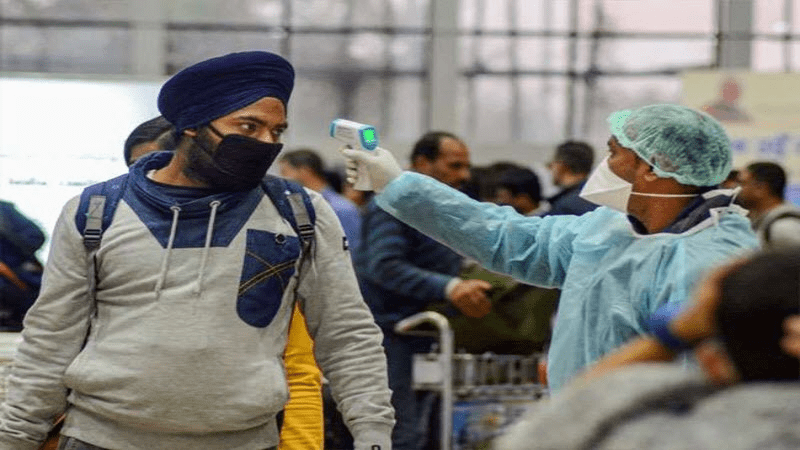
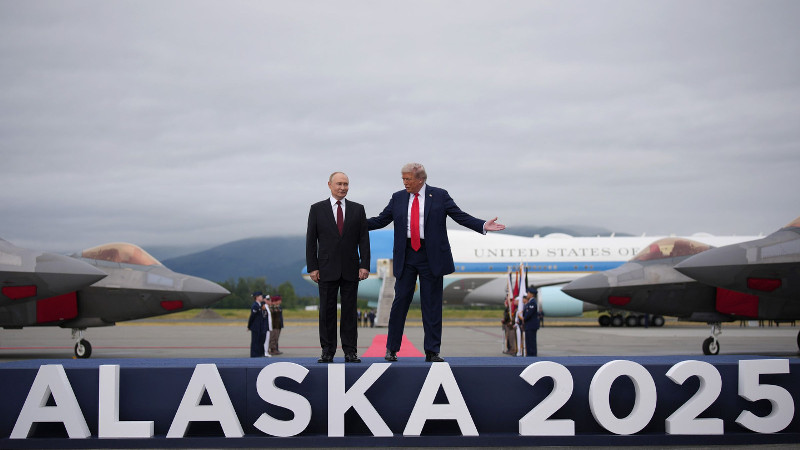

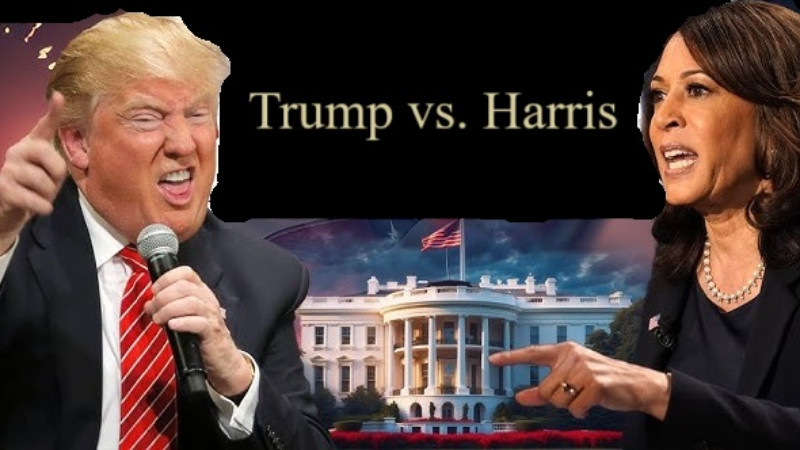

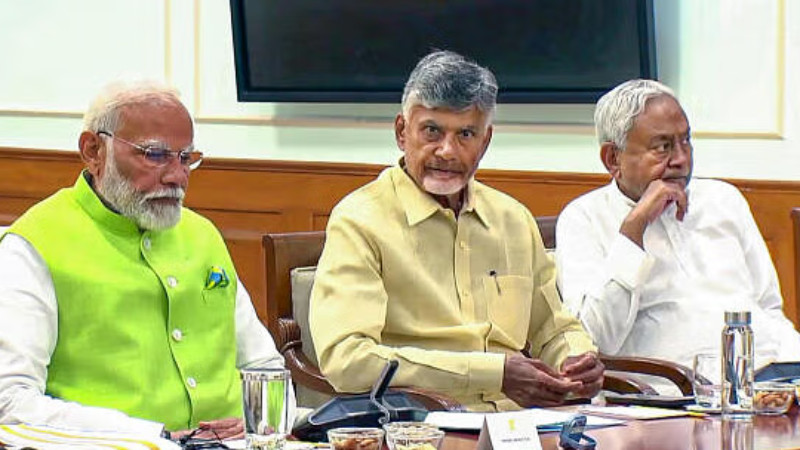
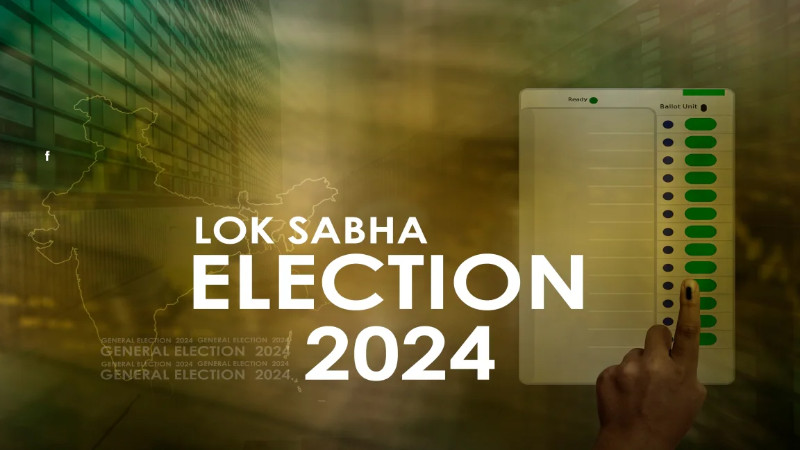
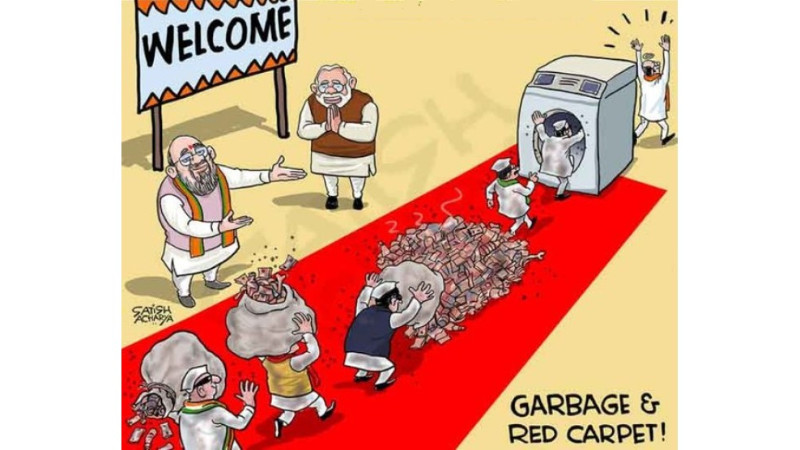
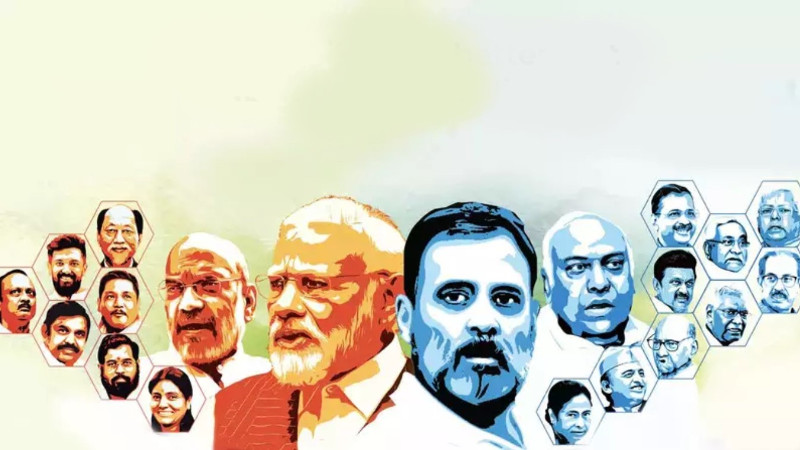
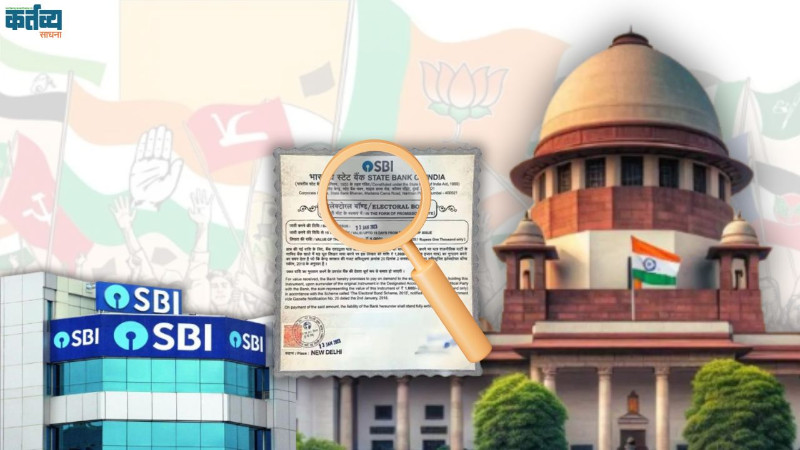
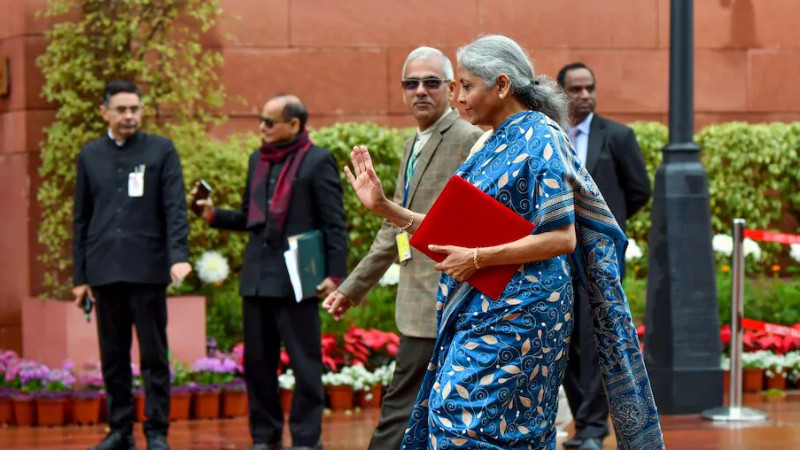
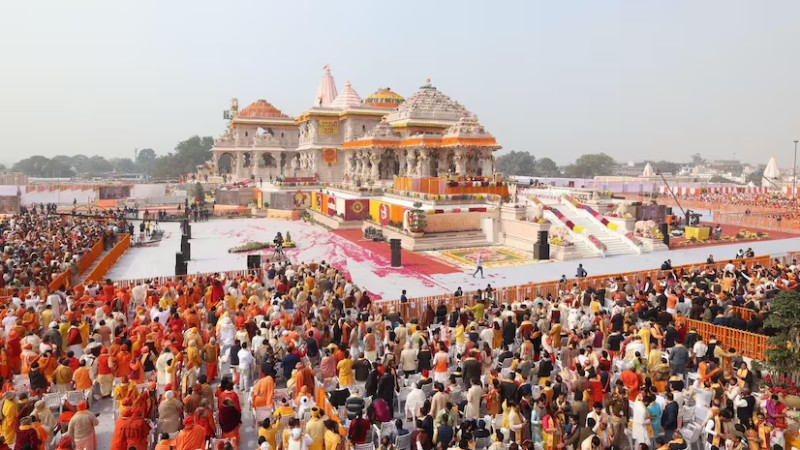
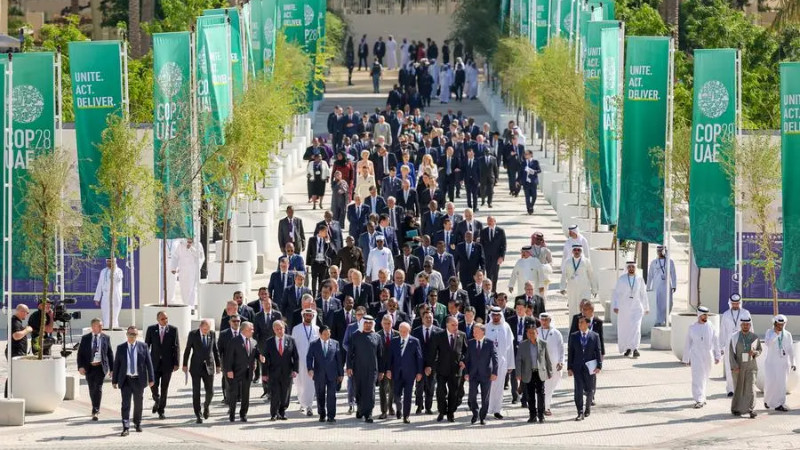
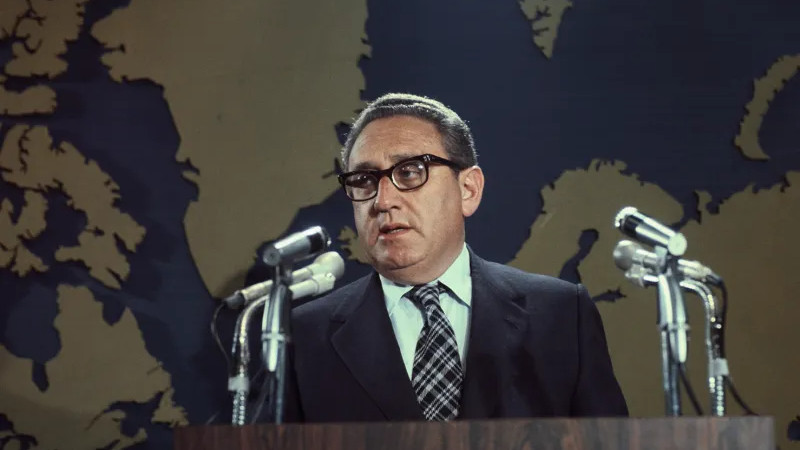
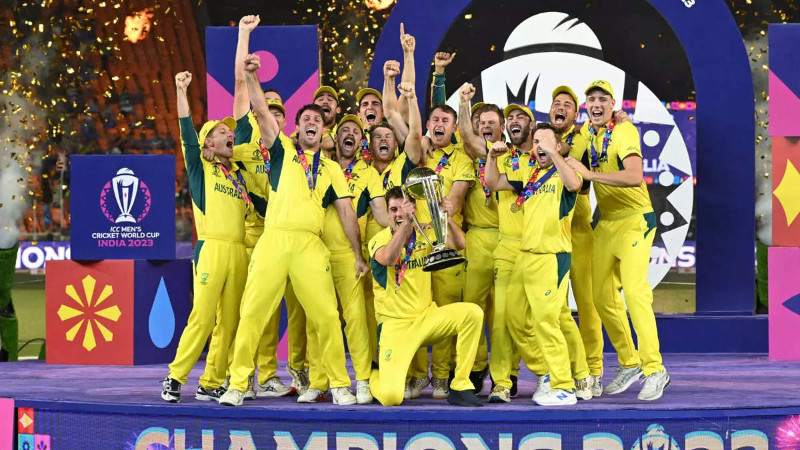
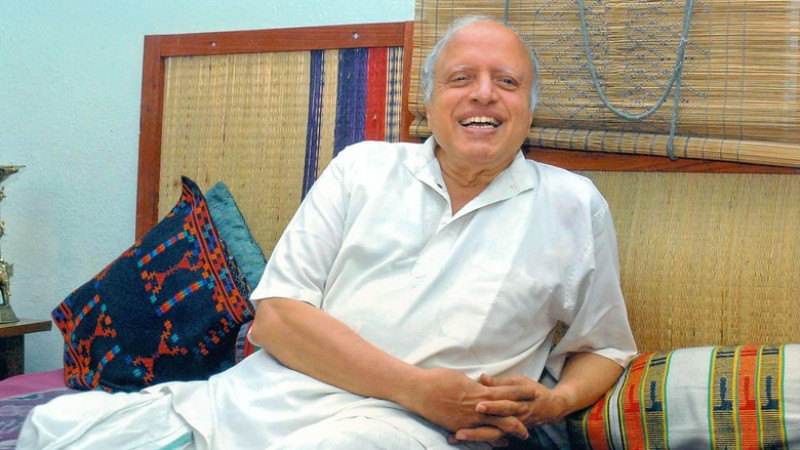
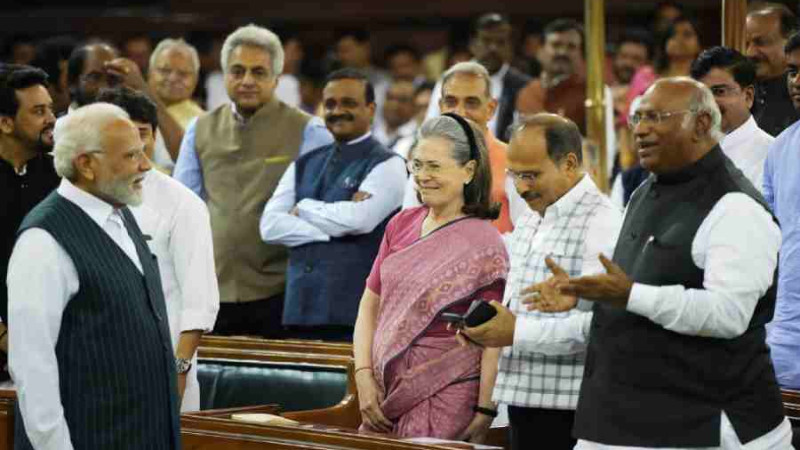
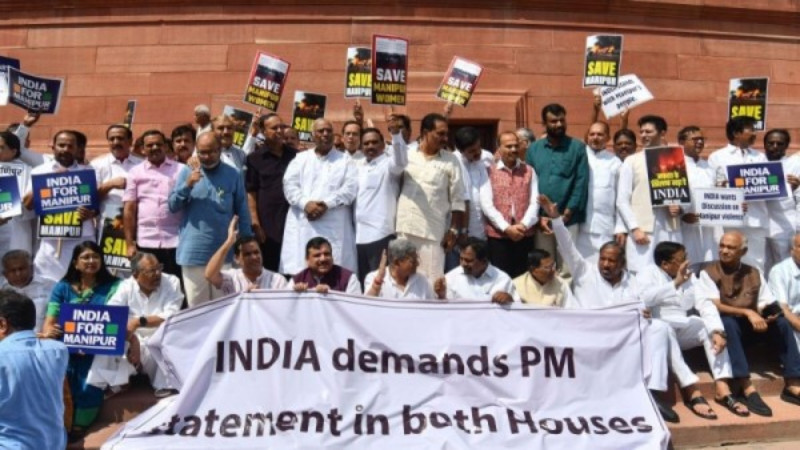
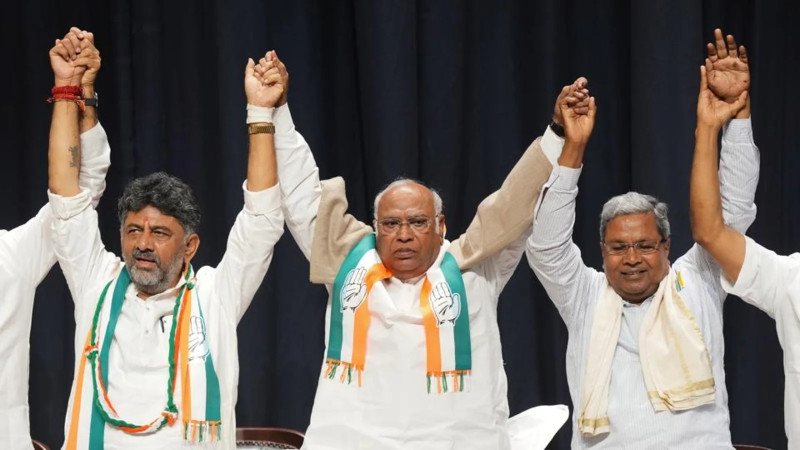
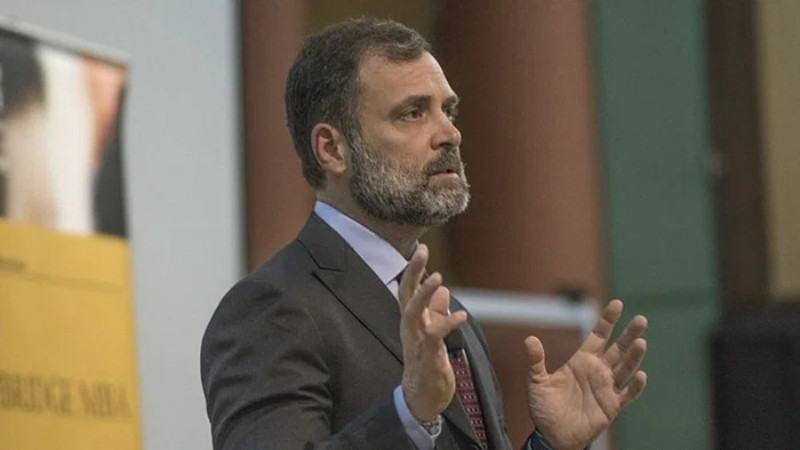
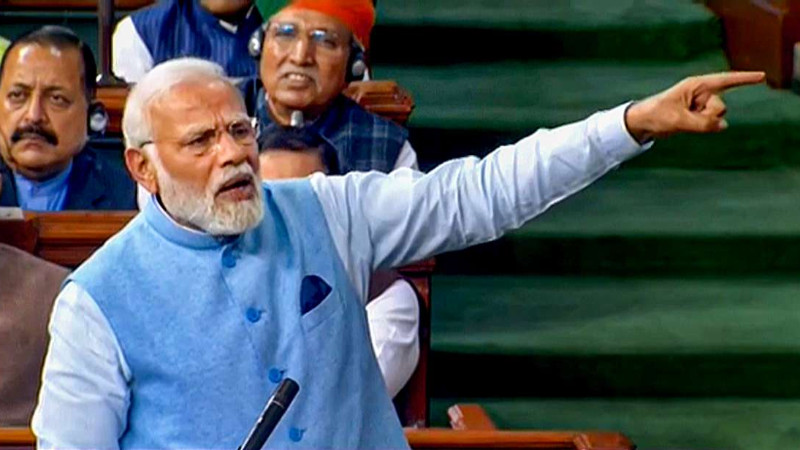
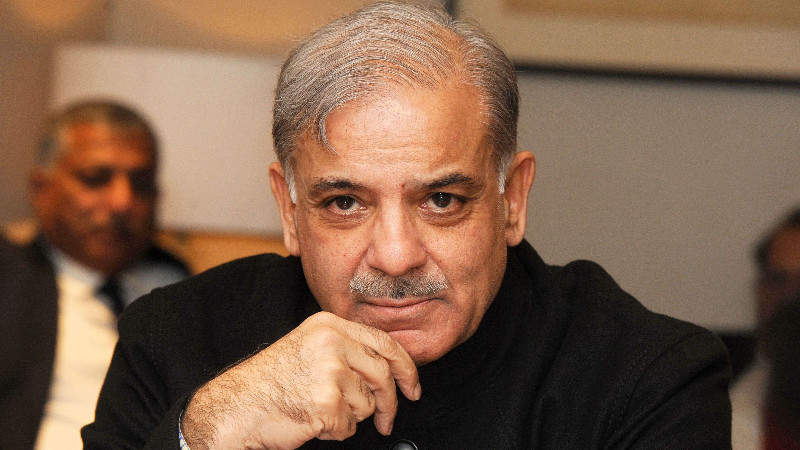
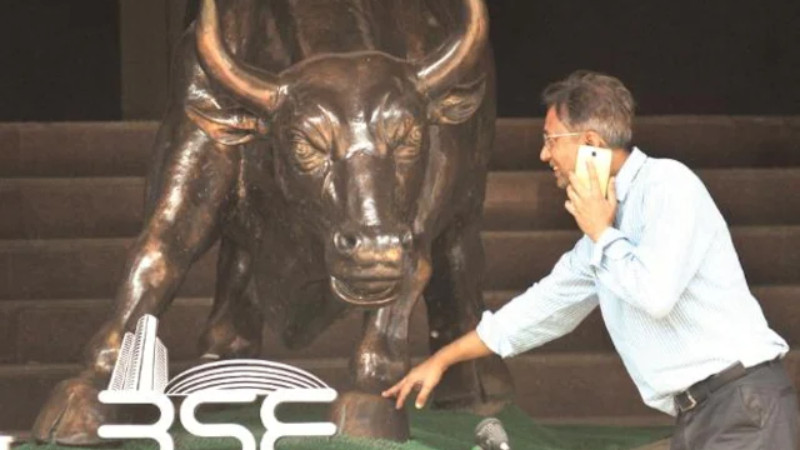
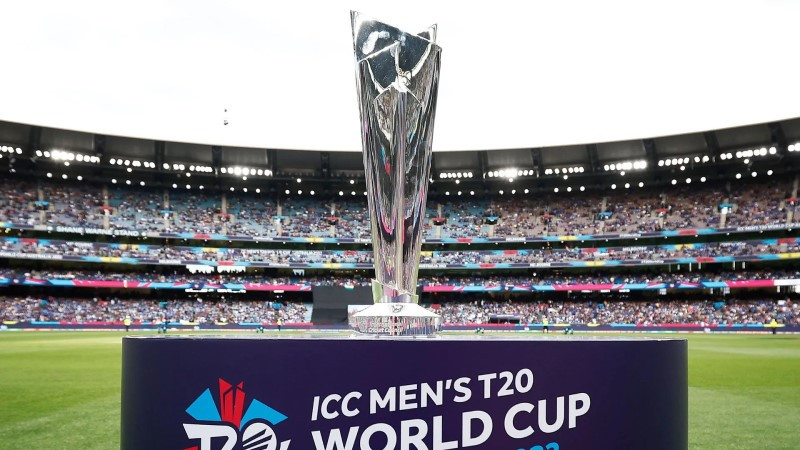
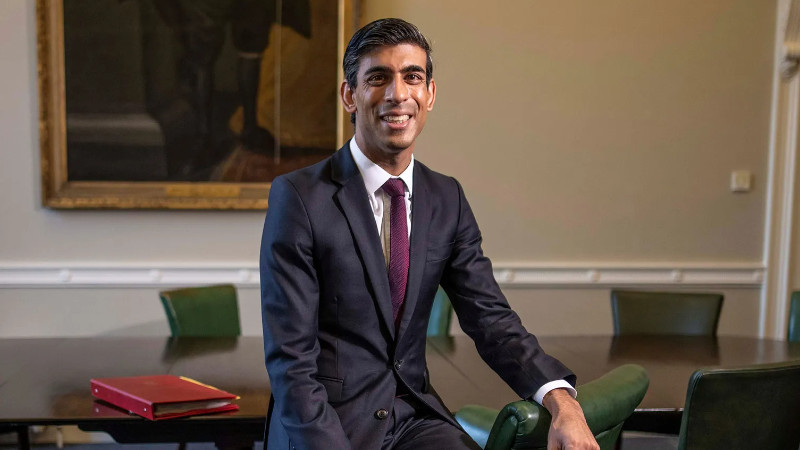
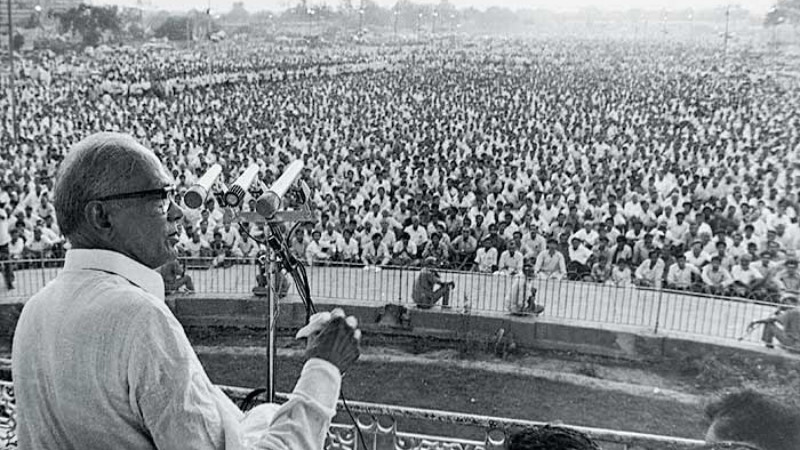
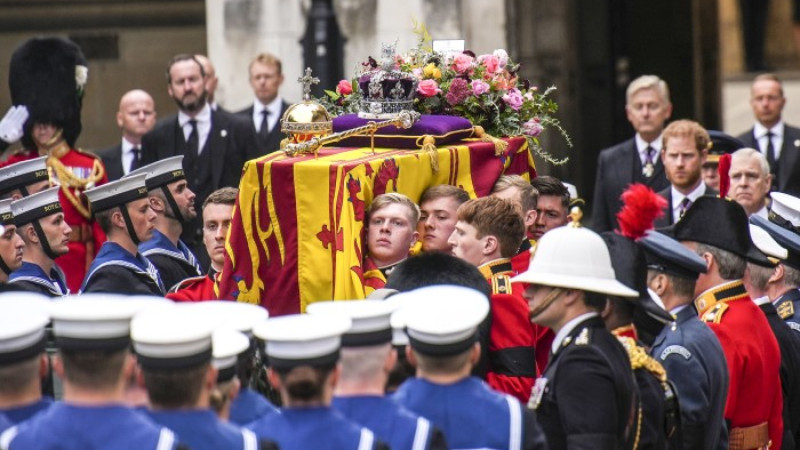
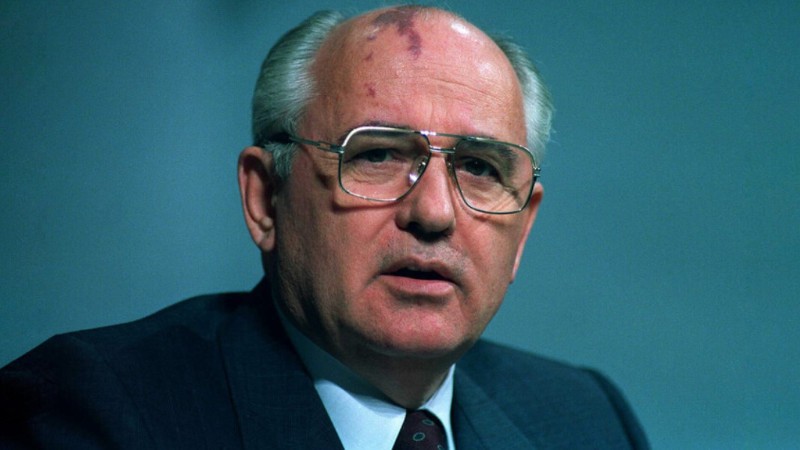
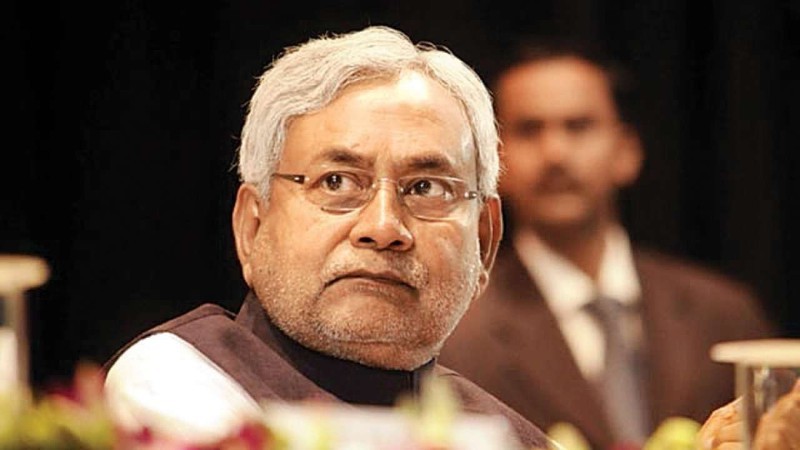
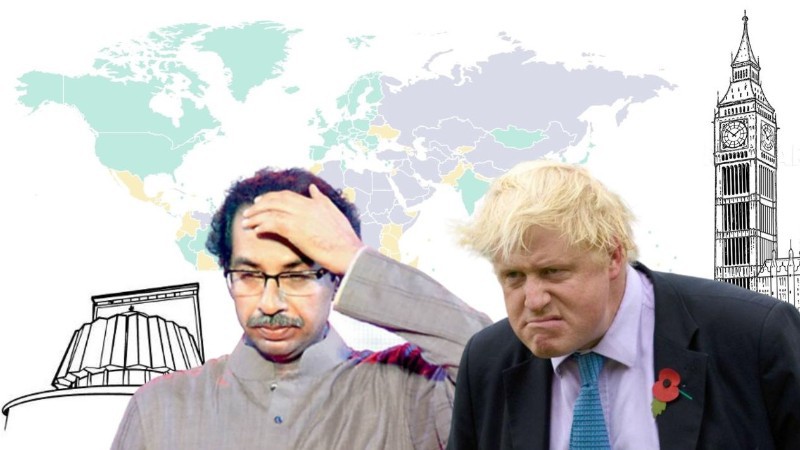

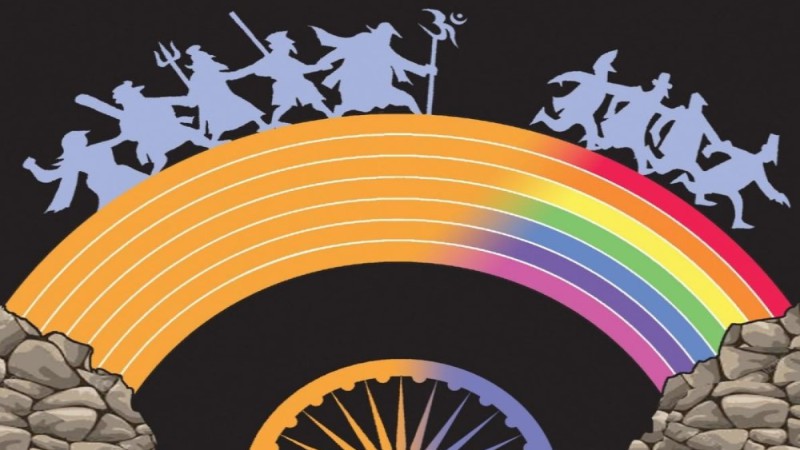
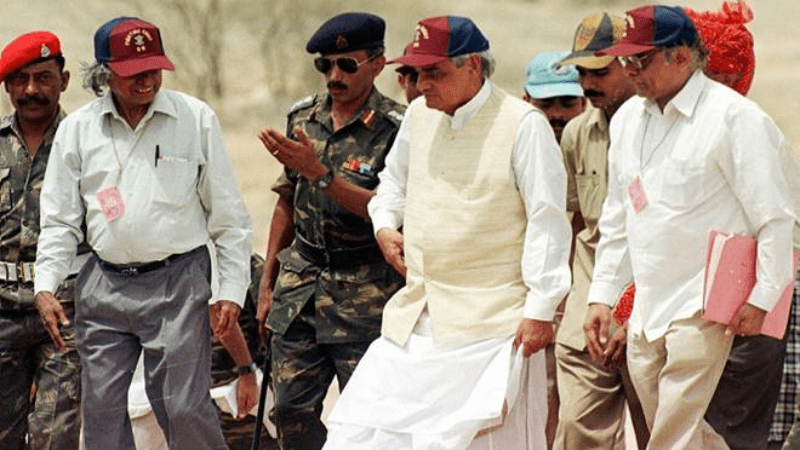
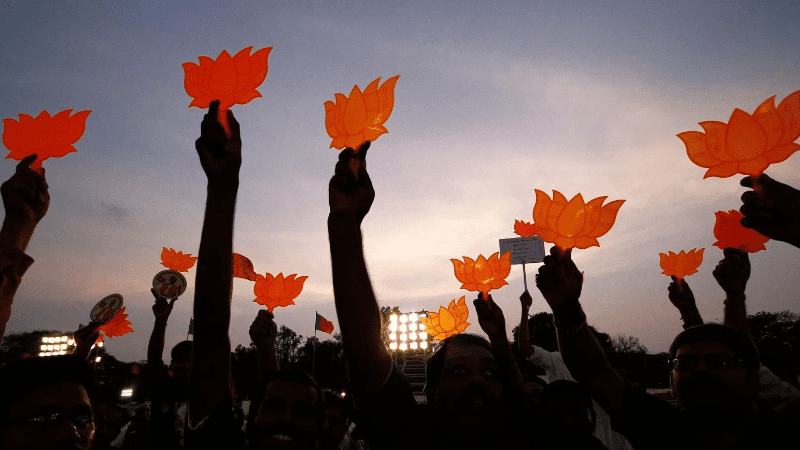
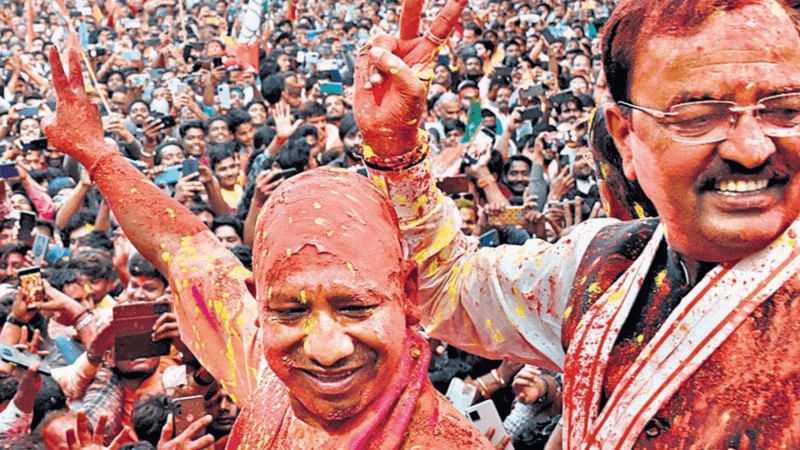
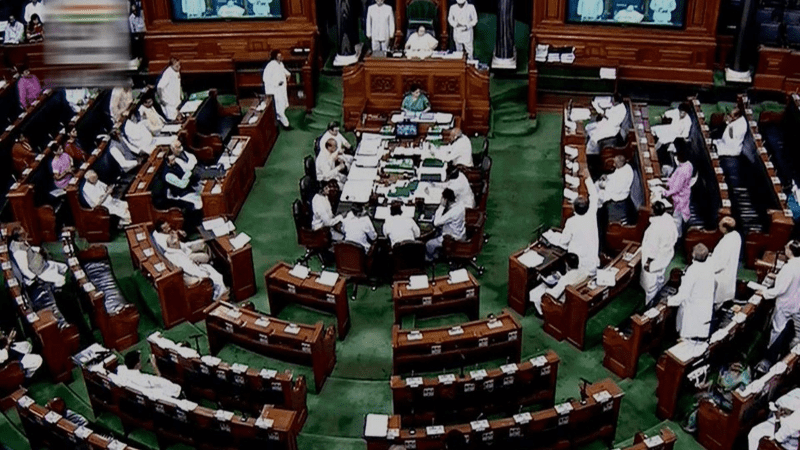
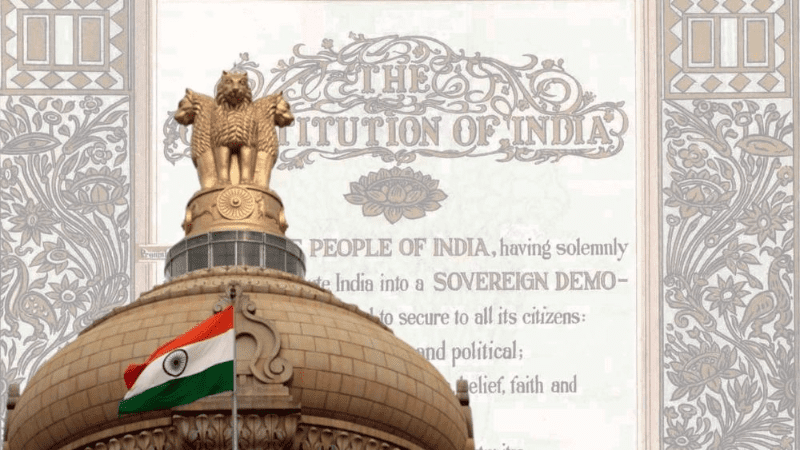
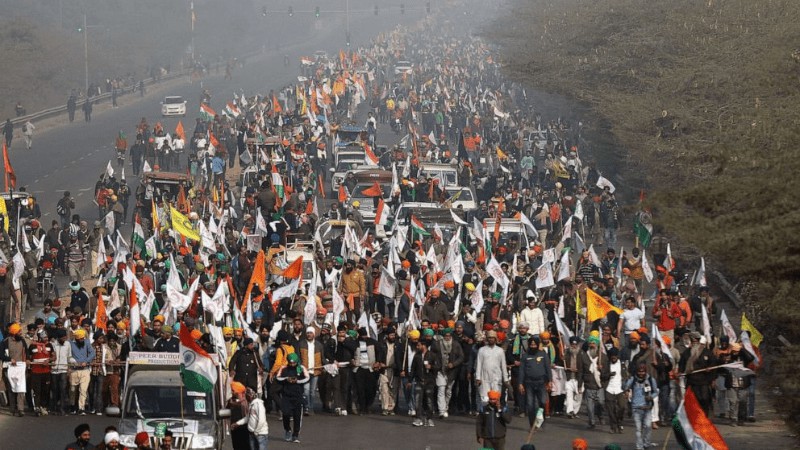
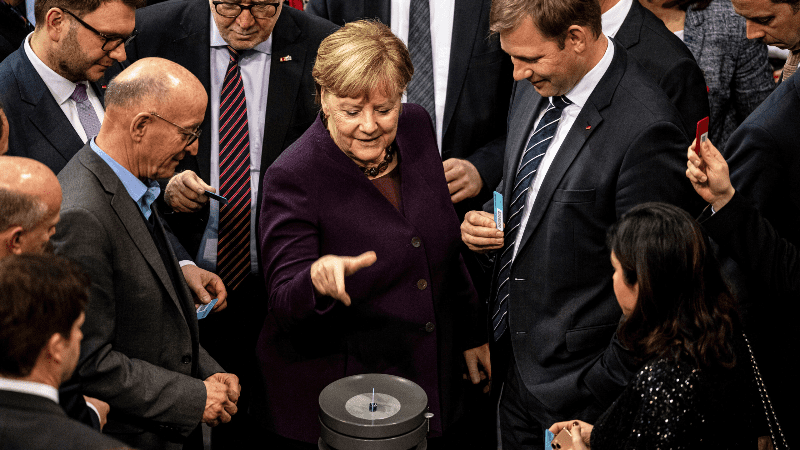
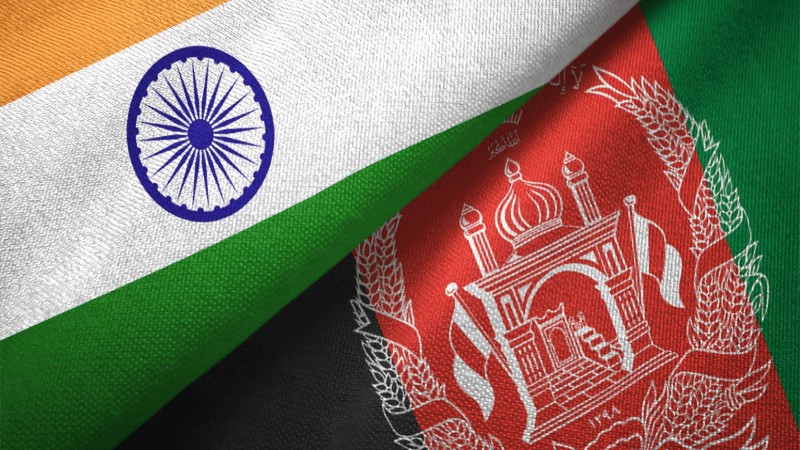
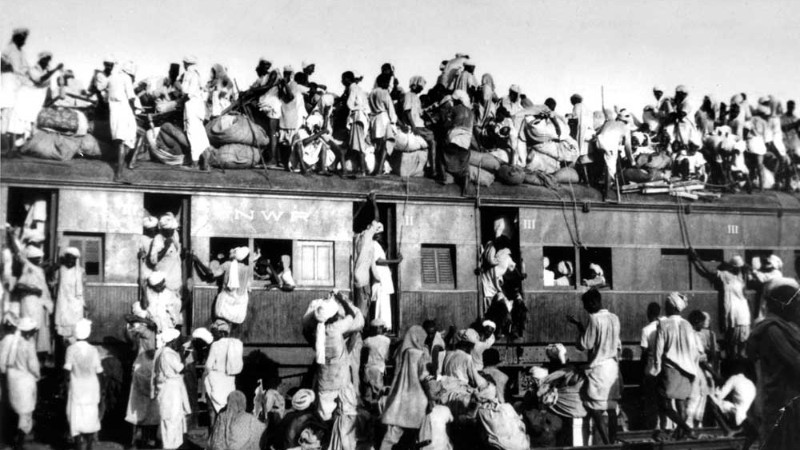
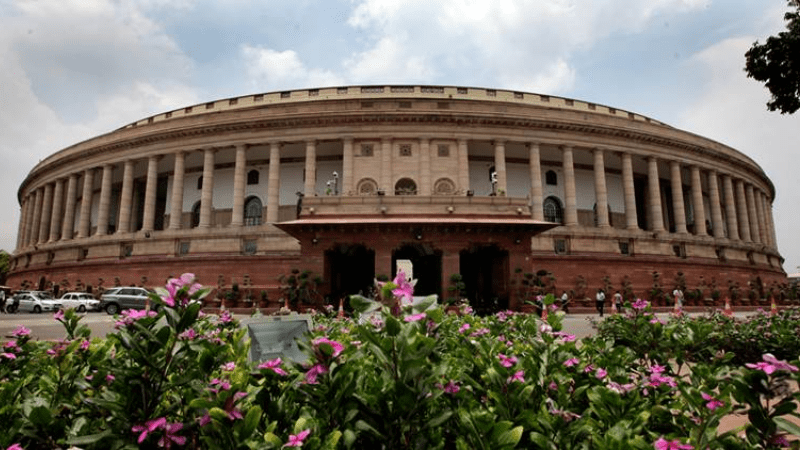
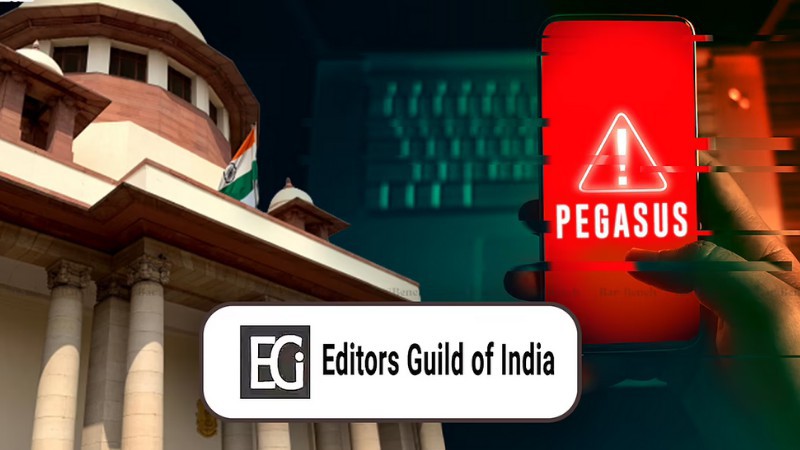
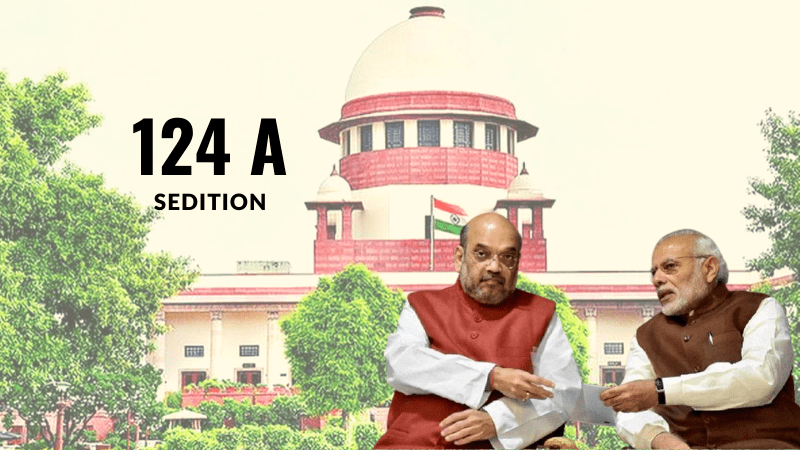

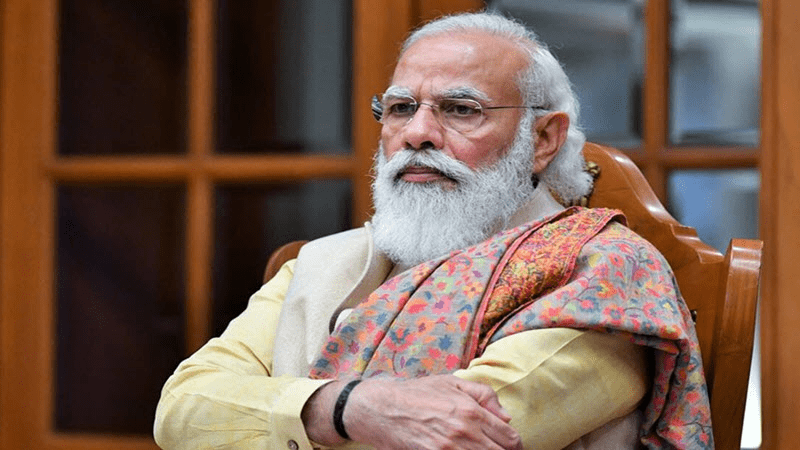
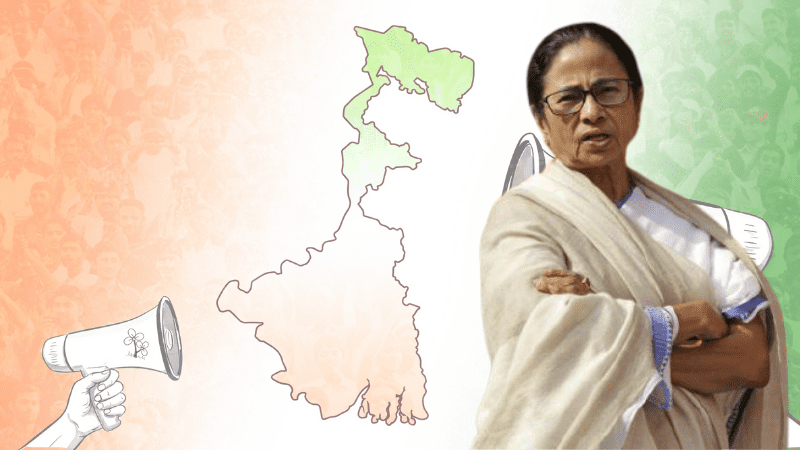
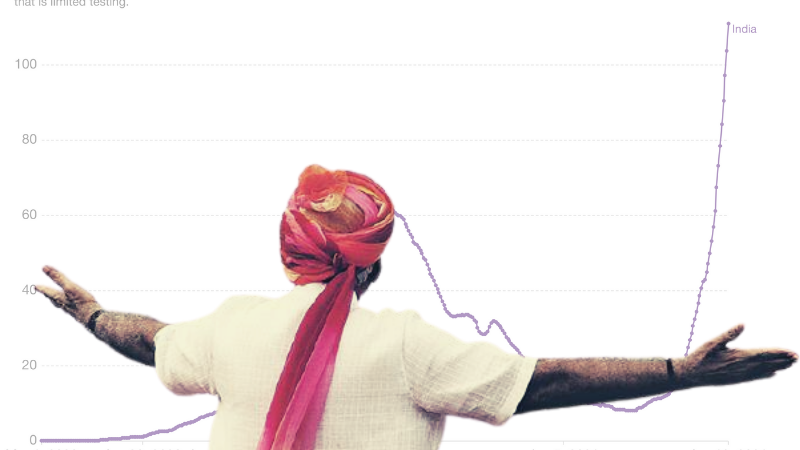

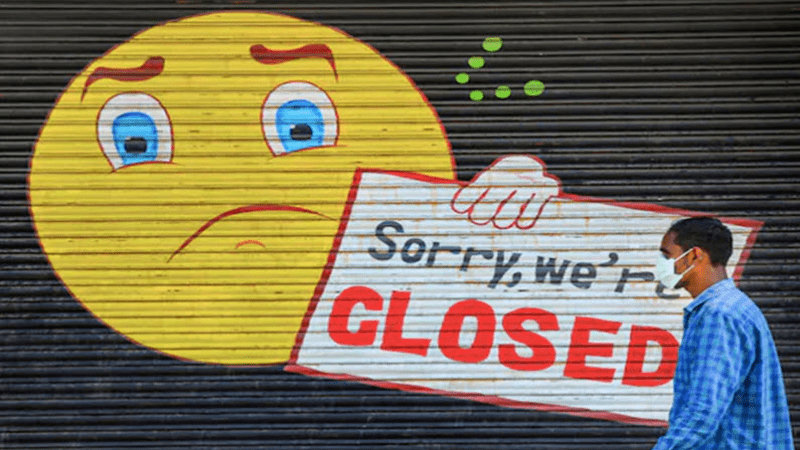


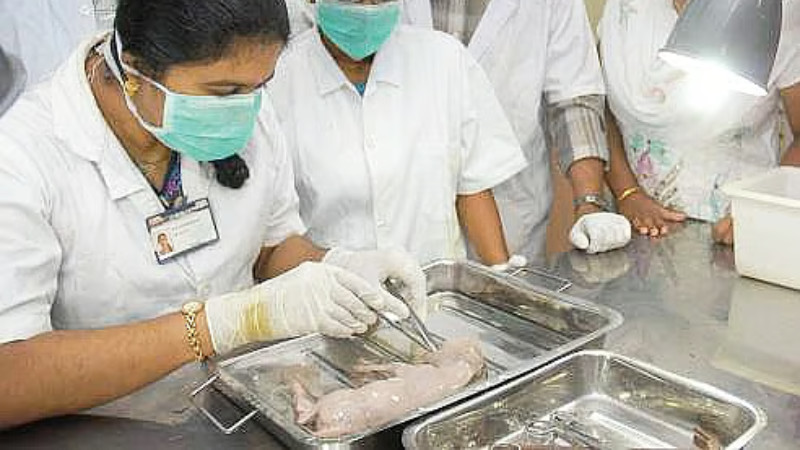
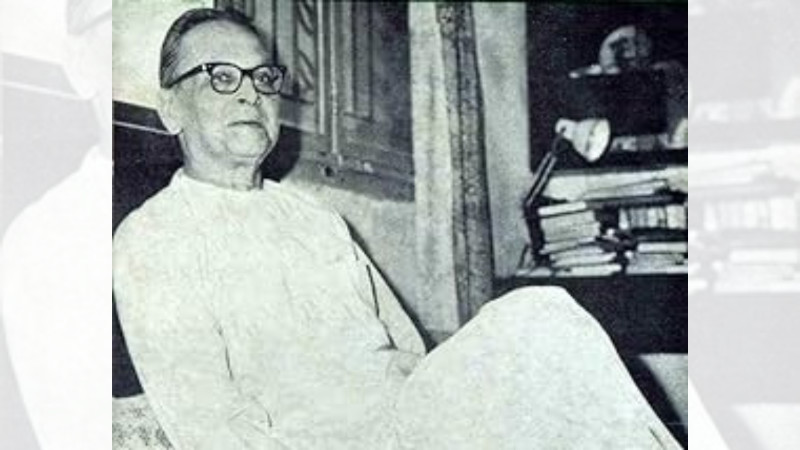
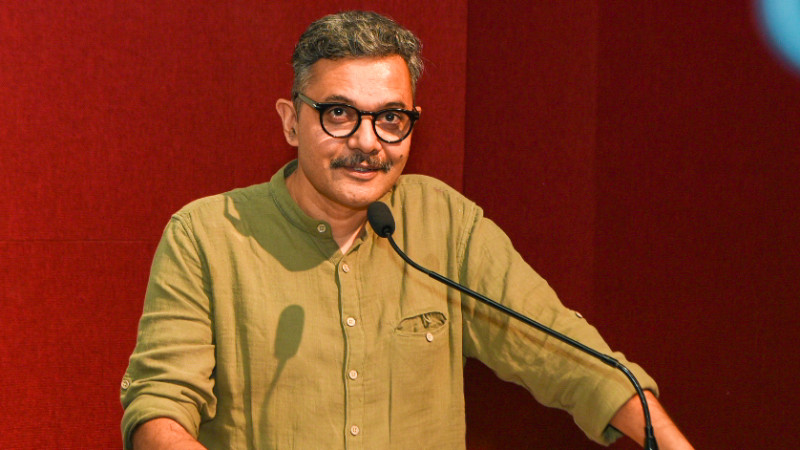
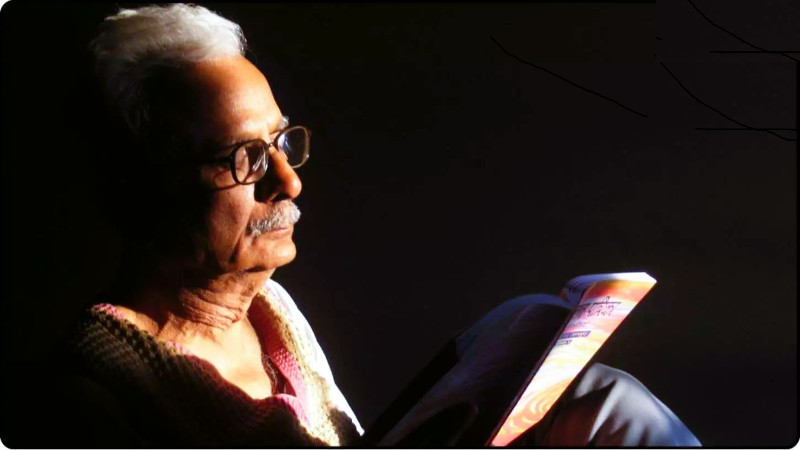
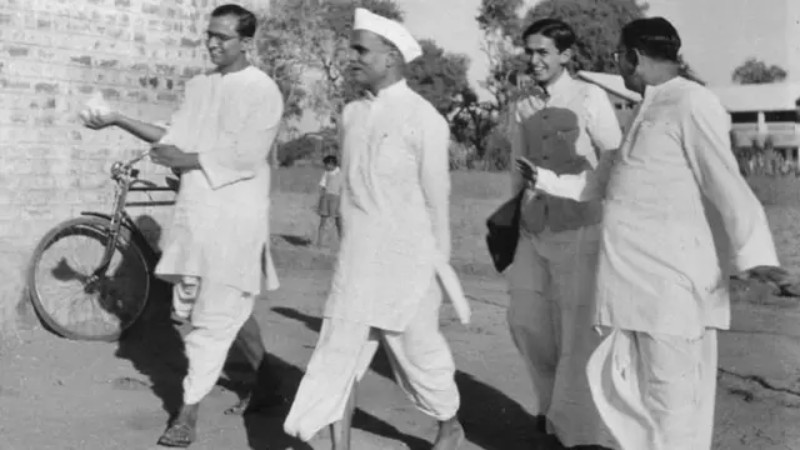
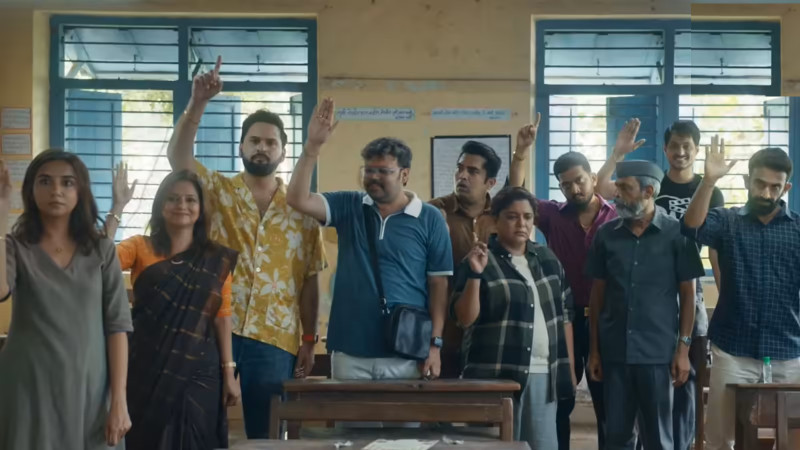
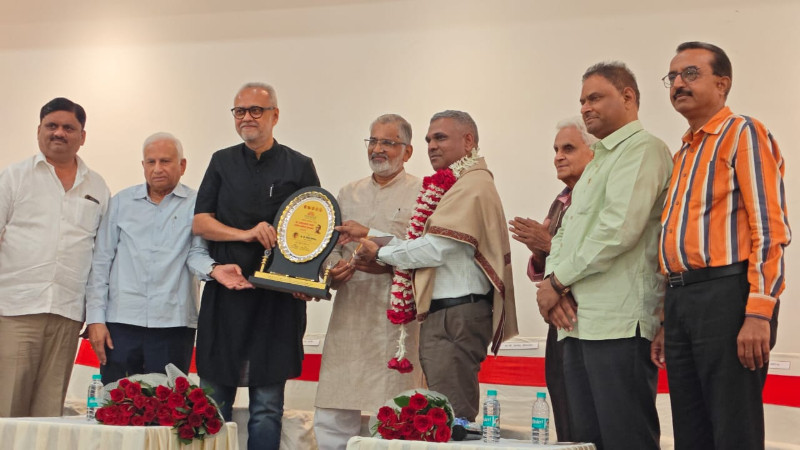
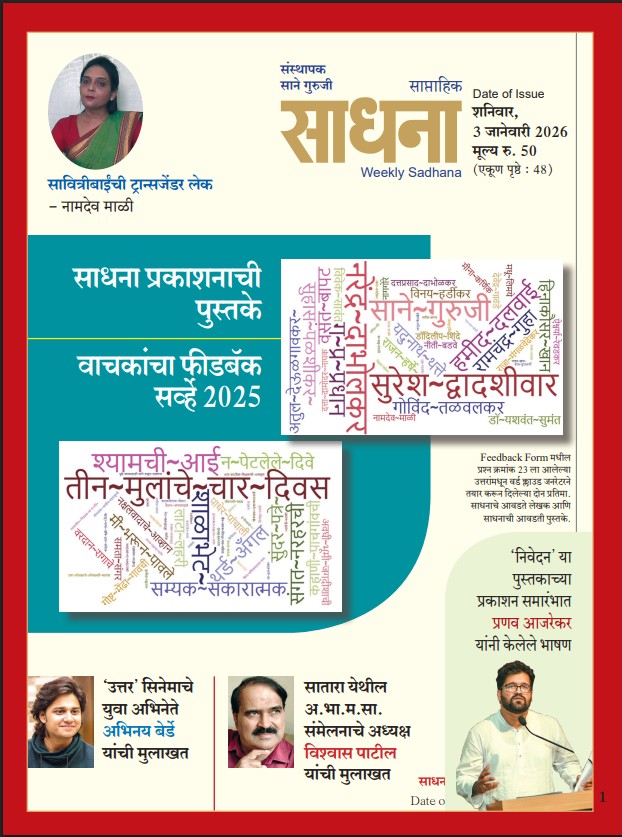













Add Comment